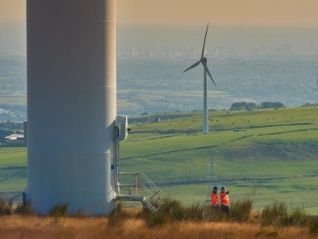Atradius Atrium
Få adgang til vores onlinesystem, som samler alle jeres daglige værktøjer i ét system.
 Danmark
Danmark







Vis mere
Viser 7 ud af 31







Vis mere
Viser 7 ud af 155